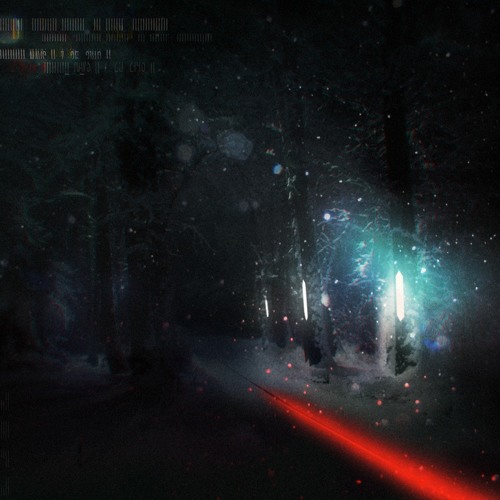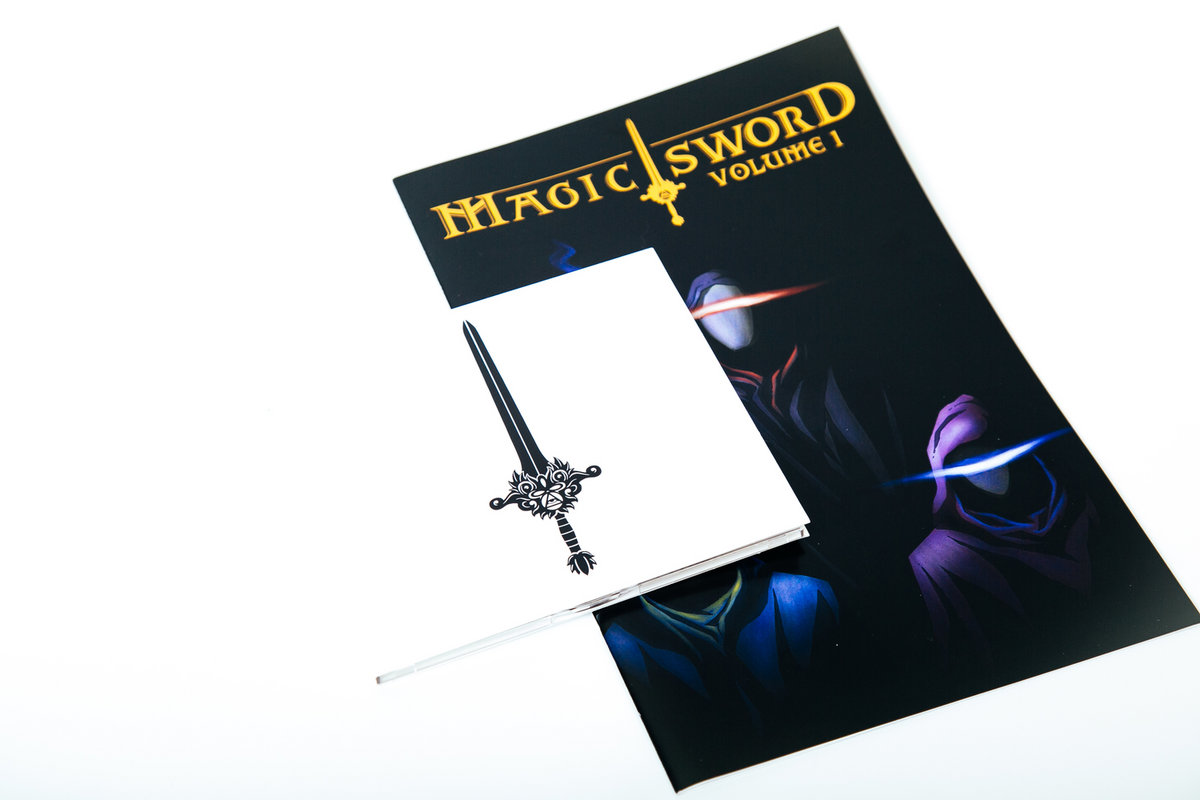

And check out the accompanying graphic novels by Shay Plummer – they’re genuinely beautiful. It’s terrific fun! There’s a thunderous opening track called ‘Depths of Power’, a windswept synth workout called ‘Shores Of Oblivion’, and ‘Ritual’ is the sound of the funkiest wizards in the kingdom invoking the spirit of Daft Punk. But, in reality, they bestride a distant realm where the release of the Lord of Shadow from his ancient prison has, verily, rent the land asunder.Īnd, as a side effect, created a gloriously overblown concoction that sounds like the massed armies of Judas Priest battling the dark forces of John Carpenter on the ancient plains of Concept Album Valhalla. Comprising ‘The Keeper of the Magic Sword’ (keyboards), ‘The Seer of All Truths’ (guitar), and ‘The Weaver of All Hearts and Souls’ (drums), this masked and cloaked trio are reportedly from Boise, Idaho. But fear not! Magic Sword are here, and salvation is at hand. Veteran prog fans may sometimes be tempted to bemoan the modern dearth of fantastical derring-do in their genre of choice. Fosberry’s album occasionally drags the listener back to the brink of damnation, but it does so with thrilling, no-holds-barred gusto. “Liberate tutemet ex inferis” is the film’s sinister catchphrase – literally, “Save yourself from Hell”. And while ‘Infinite Space’ sends deceptive layers of ambient sound drifting gracefully through the Solar System, ‘Meatgrinder’ provides a sucker punch of pulse-quickening, breath-stopping horror, the sound of unspeakable alien nightmares in claustrophobic corridors.

Epic opening track ‘A Decaying Orbit Around Neptune’ is filled with foreboding and a sense of helpless isolation.
#Magic sword band camp tv#
Seasoned film buffs will recognise the plot of cult 1997 film Event Horizon, and a mooted TV reboot has prompted Andy Fosberry to create this pounding tribute to a dark sci-fi classic.Īnd good grief, it’s atmospheric.
#Magic sword band camp how to#
How to create the sound of an experimental spaceship emerging from a rip in the space-time continuum, bearing malevolent entities from a hell-like alternate dimension? With pitch-black synths and industrial-strength percussion, of course.

It’s glorious and transportative, a ray of mad, melodic sunshine. But then closing track ‘Vint’ explodes into wonderfully wistful tunefulness, and departs with a final musical joke from Nikmis: a snatch of the ukulele upon which he claims to have composed the entire, magnificent opus. Side 2 occasionally has a slightly more reflective feel, and there are even field recordings of what is quite possibly the Tokyo Metro, alongside fleeting, subliminal hints of traditional Japanese court music. There is the playfulness of Mozart, the elegant poise of Beethoven and let’s quit now while still appearing to know vaguely what we’re talking about. Simkin cites Dvorak as an early influence, and the opening side arguably wears the more overt classical influences. The album soars and swoops, it ebbs and flows, it bloody well dances. But essentially Jawbone consists of two-half hour suites, both of which are so teeming with breathtaking melodic invention that they sometimes threaten to collapse under the weight of their own genius. Eighteenth! It does have track titles: ‘Emma Jean’ is a soothing lullaby intended to calm Simkin’s baby daughter, ‘Onegaishimasu’ a stately, playful piece whose title derives from the formal, multi-purpose Japanese greeting, delivered – like the track itself – with unfailing politeness. He has an originality of both composition and performance that isn’t so much him much ploughing his own furrow as cordoning off the entire field and declaring it his own, rather beautiful realm.

Because, make no mistake, Nikmis is his own artist. But he’s right to be a little frustrated by the constant comparison. What Nikmis creates are complex, classical suites performed on DIY modular synths of his own manufacture, so it would be almost perverse not to namecheck the woman who pretty much single-handedly invented the genre. “Don’t be ashamed, everyone does.” Alright, then: Wendy Carlos. With his surname spelt forwards, he is Japanese-based Canadian musician William Simkin, and he is keen to pre-empt the comparison. “You’ll be tempted to mention Wendy Carlos,” admits Nikmis. Reviews originally published in Issue 64 of Electronic Sound magazine, April 2020:


 0 kommentar(er)
0 kommentar(er)
